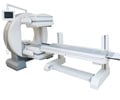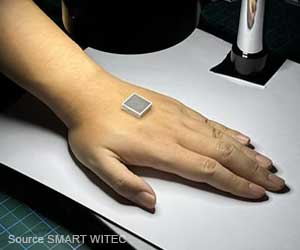Smart speakers that are customarily used in living rooms can be programmed to act as an aid to physicians in hospital operating rooms.

TOP INSIGHT
The technology would make treatments more efficient, cost-effective and beneficial to the patients.
"There are hundreds of devices, with more being introduced every day, making it difficult to determine the correct sizing or materials needed in every circumstance. This technology allows physicians to concentrate more closely on the care of their patients, devoting less time and mental energy to device technicalities," said Seals.
In developing the application, size specifications were acquired using literature reviews for 475 IR devices, such as catheters, sheaths, stents, vascular plugs and others. Natural language processing was implemented using Dialogflow, which extracted the information of interest from an input query. Logic operations and other data processing were performed using a Python script deployed to the cloud.
The researchers plan to continue to build on this technology and expand its scope to include information on material costs and inventory databases. Having this information readily available will make treatments more efficient, cost-effective and beneficial to patients. Further research will look to yield information for physicians in other specialties and provide information from electronic health records and patient clinical data, such as allergies or prior surgeries.
 MEDINDIA
MEDINDIA




 Email
Email



